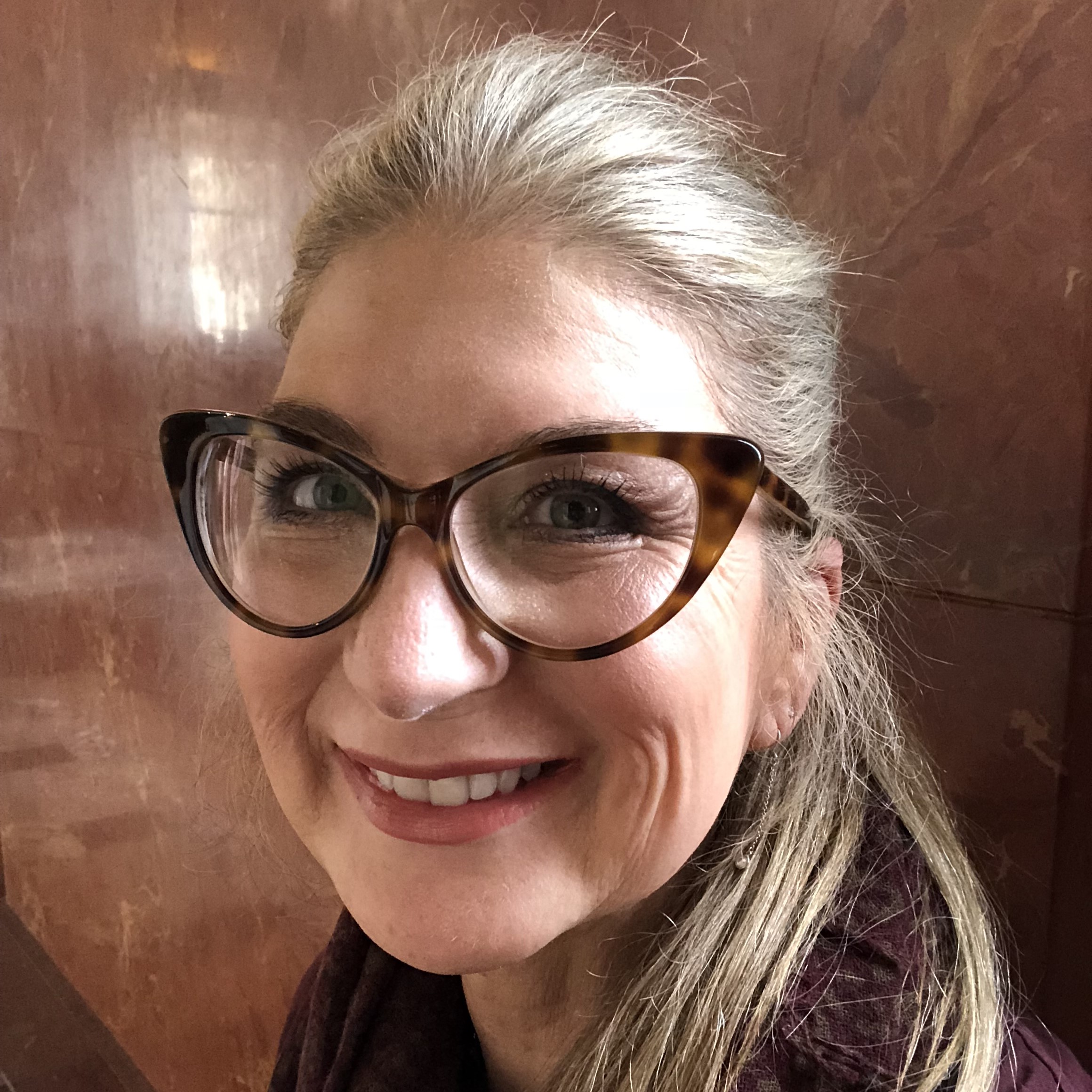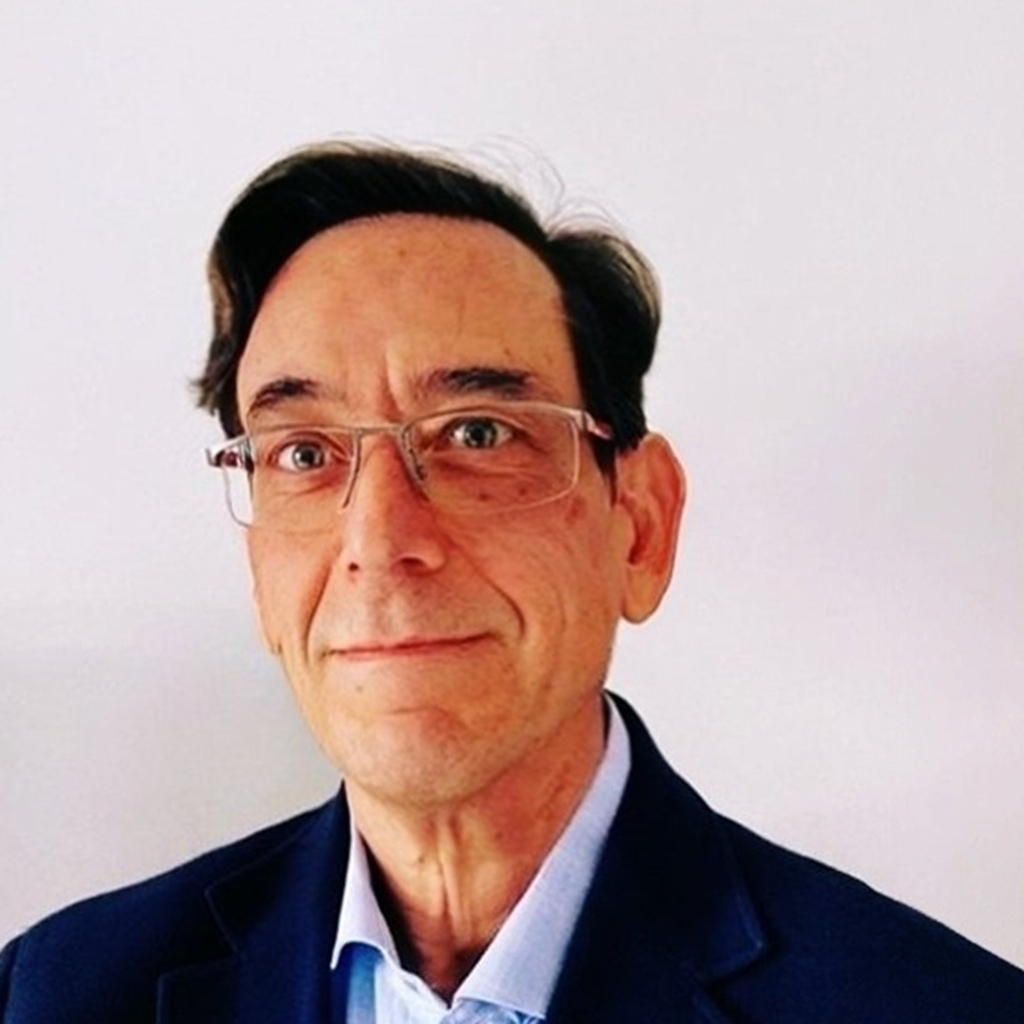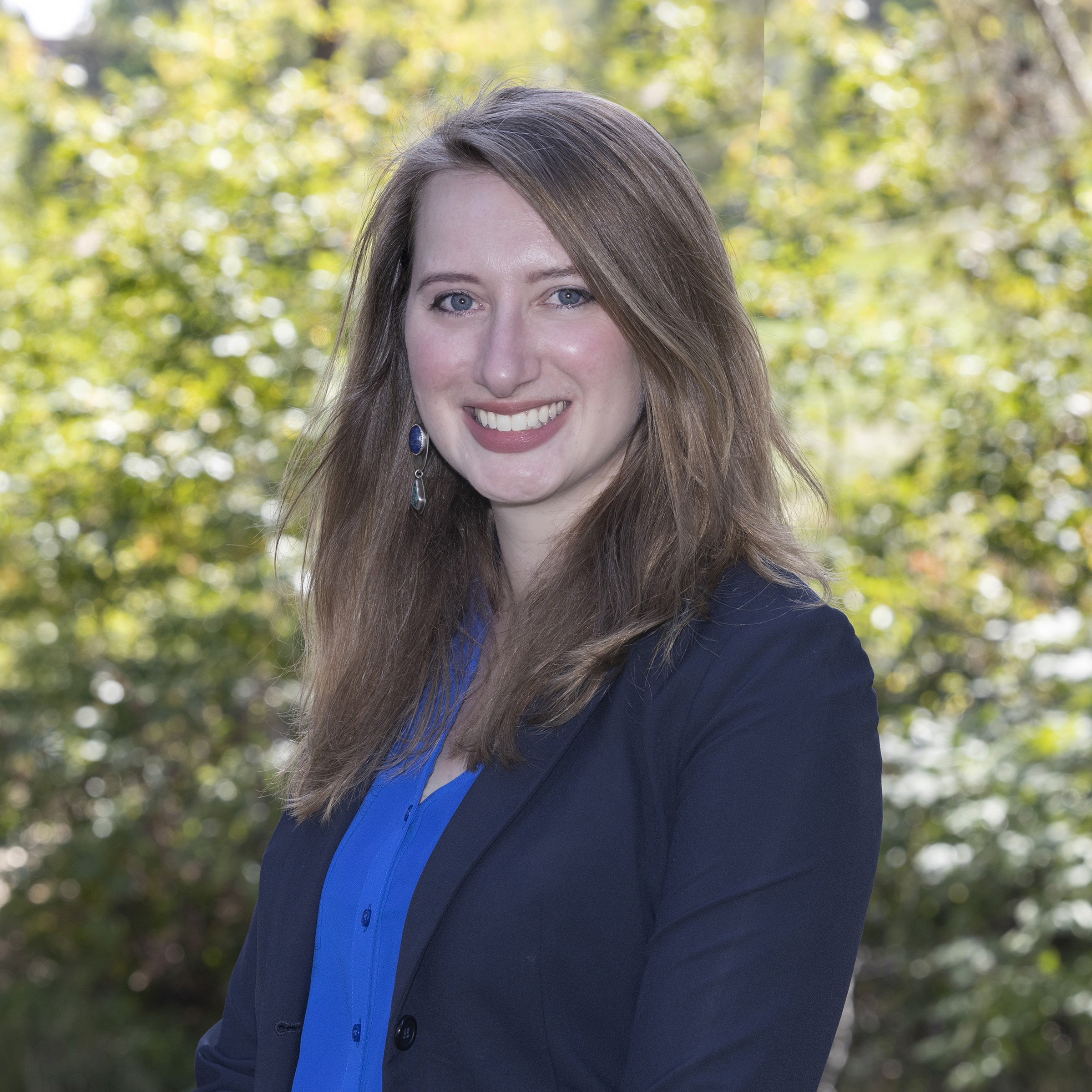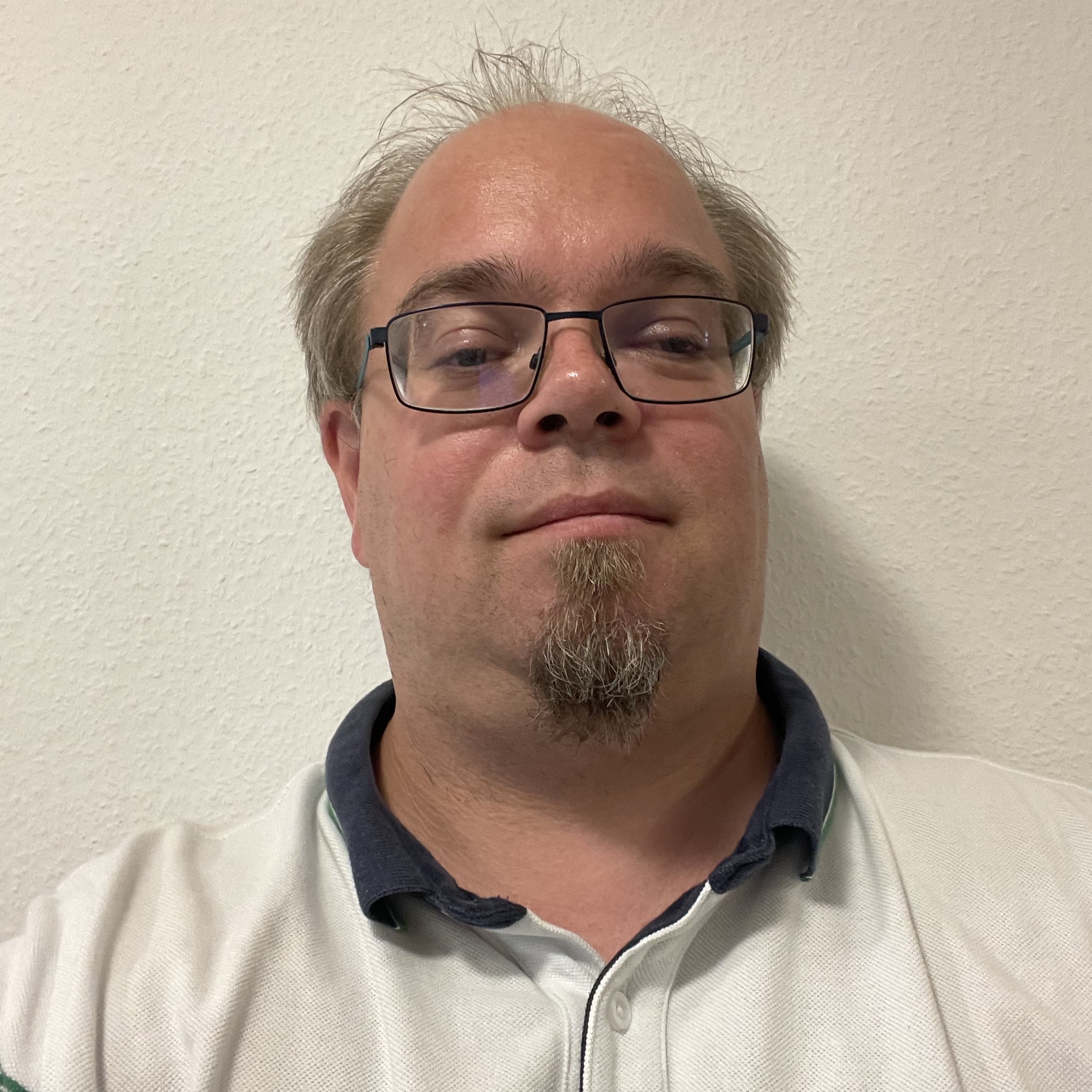Meet the 2022-2023 Steering Committee
CSISAC has been the voice of civil society in the OECD's Digital Economy Policy Committee for over ten years. On December 17, 2021 the Steering Committee for the period 2022-2023 was elected by vote of CSISAC members
The Steering Committee members include:
Carolina Botero, Fundación Karisma
Latin America and Caribbean
._1.JPG)
Carolina is the executive director of the Colombian civil society digital rights organization Karisma Foundation. She is a researcher, lawyer, lecturer, writer and consultant on topics related to law and technology. She also works for a world where human rights and social justice guide the development and deployment of technology.
Under her leadership, Karisma won the Index Censorship Freedom of Expression in the category of digital activism (2019). She was appointed as an international expert for the UNESCO recommendation on Open Science (2021). She holds a master's degree in international law and cooperation (VUB - Belgium), and a master's degree in Business and Contracting Law (2006, UAB - Spain).
Carolina is a member of the Board at Creative Commons and writes frequent Op Ed in local media El Espectador (@elespectador) and La Silla Vacía (@lasillavacia).
Pam Dixon, World Privacy Forum
North America

Pam is founder and executive director of the World Privacy Forum, a respected public interest research group. An author and researcher, she has written influential studies in the area of identity, AI, health, and complex data ecosystems and their governance for more than 20 years. She has worked extensively on privacy across multiple jurisdictions, including the US, India, Africa, Asia, the EU, and additional jurisdictions.
Currently she serves as the co-chair of a UN Data Governance working group, and is the co-chair of a World Health Organization working group. At OECD, Dixon co-chairs the formal civil society multistakeholder work in OECD’s new AI Working Party. In prior work, Dixon was part of the AI expert group that crafted the OECD AI Principles, which were ratified in 2018.
Pam has presented her work on complex data ecosystems governance to the National Academies of Science and to the Royal Academies of Science. She has written 9 books and numerous studies and articles. In 2021 she was the recipient of the EFF Pioneer Award for groundbreaking research regarding privacy and data ecosystems.
She was named one of the most influential global experts in digital identity in 2021 and conducted substantive biometrics research in India from 2010 to 2014, which formed the basis of a scholarly, peer-reviewed article of original research regarding India’s Aadhaar biometric identity system and its policies (Pam Dixon, A Failure to Do No Harm: India's Aadhaar biometric ID program and its inability to protect privacy in relation to measures in Europe and the U.S., Springer Nature, Health Technology). Her work from A Failure to Do No Harm was cited twice in the landmark 2018 Supreme Court of India Aadhaar decision, which was precedential for the privacy of more than 1 billion people. The Supreme Court required the Aadhaar system to be improved in meaningful ways.
In prior work, Pam co-chaired the Data for Development Workgroup at the Center for Global Development (CGD) with the late Oxford Professor Benno Ndulu until 2021. She was the rapporteur for the Roundtable of African Data Protection Authorities on the topic of privacy and identity systems, held June 2019 in Johannesburg, with ID4Africa as host. Her rapporteur’s report was the first of its kind to assess identity ecosystems in Africa through the lens of African.
Valeria Milanes, Asociación por los Derechos Civiles (ADC)
Latin America and Caribbean.
._.jpg)
Valeria is an Argentinian lawyer with experience in litigation, researcher, specialist and lecturer in IT Law, with a special focus on data protection and privacy. In 2015 she joined Asociación por los Derechos Civiles, a civil society organization based in Argentina that, since its foundation in 1995, works to defend and promote civil and human rights in Argentina and Latin America. She was in charge of the areas of Freedom of Expression and Privacy and developed the digital area. In 2018 she was appointed as Executive Director and as a result the organization doubled its multidisciplinary team, expanded its work in the international arena and sharpened its long term projection and strategic approach.
Valeria integrates various international spaces representing ADC and civil society in general, namely: she is a member of the Reference Panel of the Global Privacy Assembly, coordinates the Civil Society Forum of the Ibero-American Data Protection Network, and maintains active participation in the Civil 20, which is the engagement group representing civil society in the G20.
She has participated as a guest lecturer in postgraduate courses at the University of Buenos Aires (UBA), where she graduated from, and the University of Torcuato Di Tella.
Youn Jung Park, individual
South Korea and India.
.jpg)
Y.J. currently works at India Korea Center for Research and Innovation (IKCRI) in New Delhi, India. She was the founding member when CSISAC was set up in Seoul in 2008.
She was a senior research fellow at the section of Economics of Infrastructures, TuDelft, with special expertise in infrastructures on the Internet, including Internet addresses. She also served as a names council for Non-Commercial Domain Names Holders’ Constituency and chaired the WG-Review. WG-Review firstly initiated the Domain Names Supporting Organization (DNSO) review to improve ICANN decision-making process. She was the co-founder of the UN WSIS Civil Society Internet Governance Caucus in 2003.
Y.J. has received a Ph.D. in Information, Science and Technology at Syracuse University. Her dissertation, The Political Economy of Country Code Top Level Domains, presented how 35 ccTLDs from OECD member states and Brazil, Russia, India, and China (BRIC) develop the concept of market and the concept of state control.
Antonio Schuh, individual
European Union.

Antonio is an international executive and consultant with over 30 years of strategic and operational experience. He is currently adjunct lecturer at the Madrid Polytechnic University, lecturing in masters’ programs in innovation and international management. At the same time, he serves as mentor to local technology scaleups/startups in fully capturing growth opportunities and works as ad-hoc advisor to Arthur D. Little’s telecoms practice.
Previously, Antonio served as director of strategic alliances at the Telefónica Group, one of the biggest telecom operators worldwide. At Telefonica he helped create a global network of telecom partners that now includes 11 telecom groups present in 72 markets in Europe, Middle East, Africa, Southeast Asia and China with a total of over 1.8 billion customers. Antonio began his career at Telefonica leading strategic projects, including the launch of pay TV in the Latin American operations. Before he worked at management consulting firms Oliver Wyman and Arthur D. Little in strategy projects for telecom, media and Internet companies.
Originally from Brazil and a long-time resident of Spain, over the course of his career he has lived in six countries and led business deals in over 30 others. He is a native speaker of Portuguese and Spanish, speaks English and is conversant in French. He holds a BSc in Computer Science and a BA in Communications, postgraduate degrees in economics and business and is currently finalizing a doctoral degree. He is also a volunteer mentor in the 2hearts community of entrepreneurs of immigrant background and member of the advisory board of the Kent Business School in the UK.
Calli Schroeder, EPIC
North America.

Calli is the Global Privacy Counsel at EPIC and focuses on international privacy developments and fosters relationships between global privacy experts and EPIC. She previously acted as a Westin Research Fellow for the International Association of Privacy Professionals, interned with FTC Commissioner Julie Brill, and later performed international privacy compliance and security work for clients.
She has published articles on universal ethical standards in human subject research, FTC unfairness enforcement, intangible privacy harms, artificial intelligence frameworks, GDPR application to clinical trials, and more. She is a member of the Colorado Bar.
Hanno Wagner, EDRI
European Union.

Hanno has been interested and active in the internet community since the beginning of the 90s. Being IT-interested, he learned about the technical structure of the internet and the impact the internet will have in the future.
He is a founding member of Fitug e.V. in Germany, which is a founding NGO of EDRi (European Digital Rights). All his work for civil society and digital rights is done in his spare time. Hanno is volunteering his time on civil society and civil rights topics within the digital age and tries to help understand the changes which come through new inventions and technology. He is also on the Board of Directors of the Chaos Computer Club Stuttgart, a local part of the Chaos Computer Club in germany.
Hanno is giving talks on different topics, mainly the evolution of digitalization for society (including changes through GDPR and the use of Big Data) and is trying to make everybody understand the implication of using biometric data in normal life.